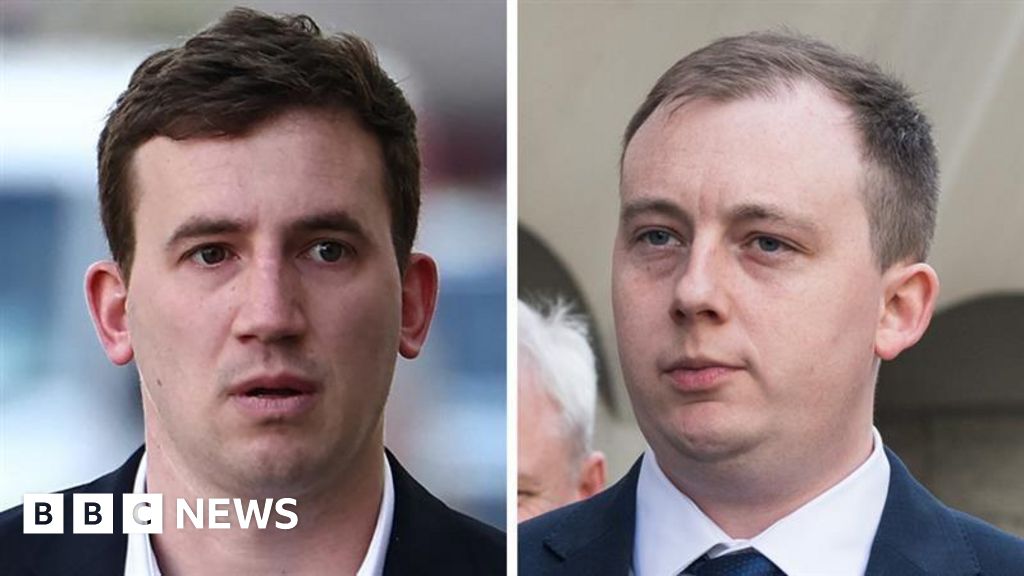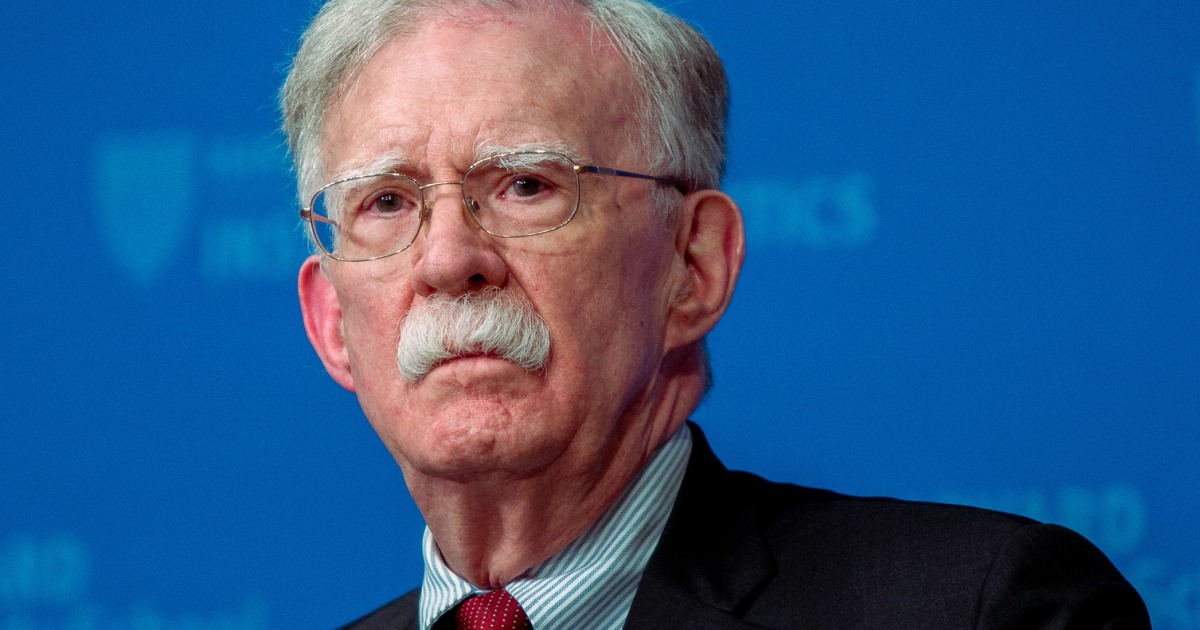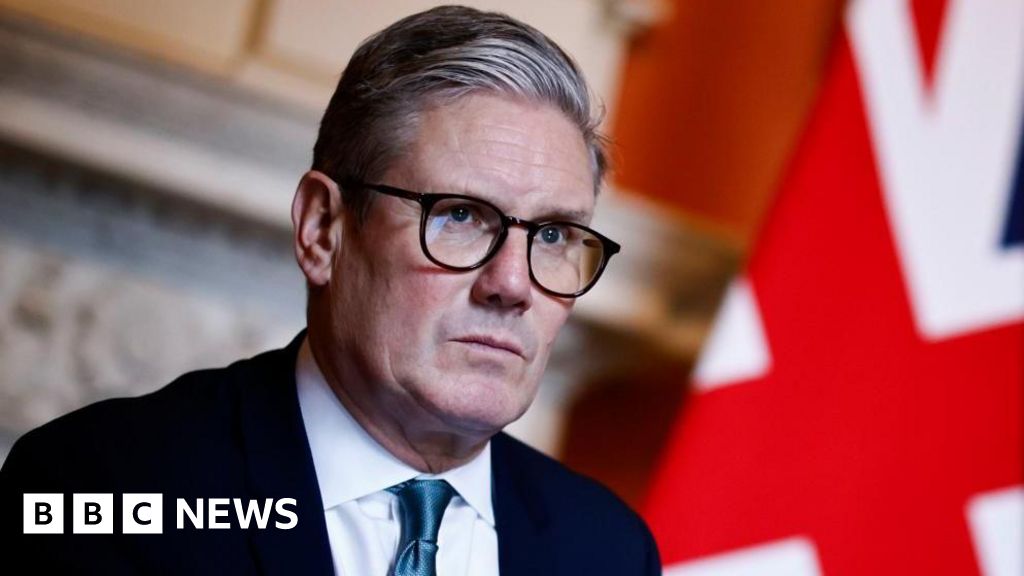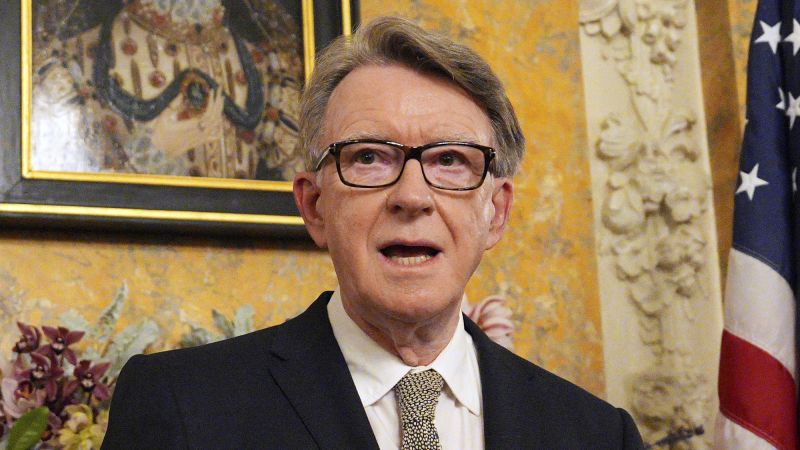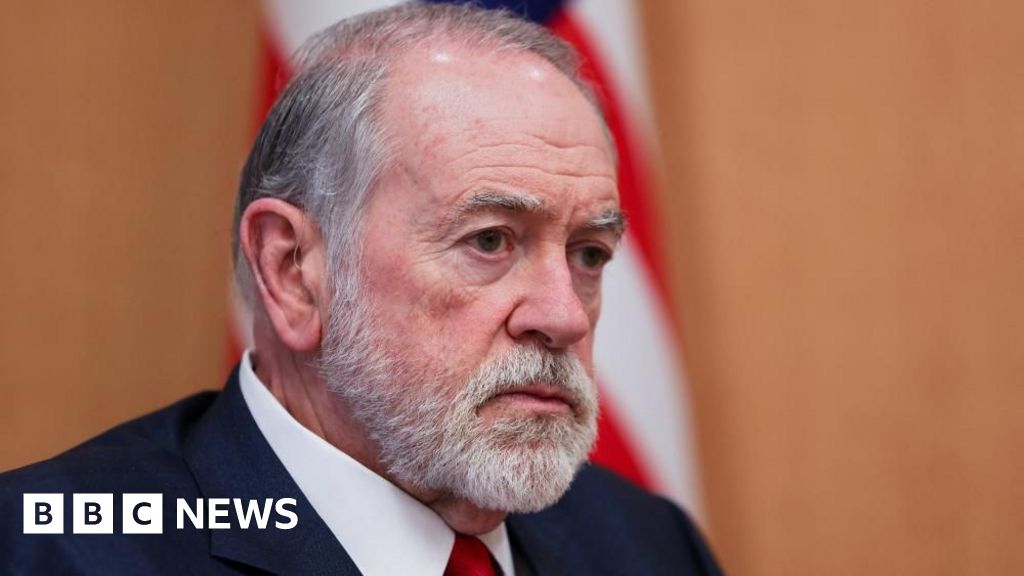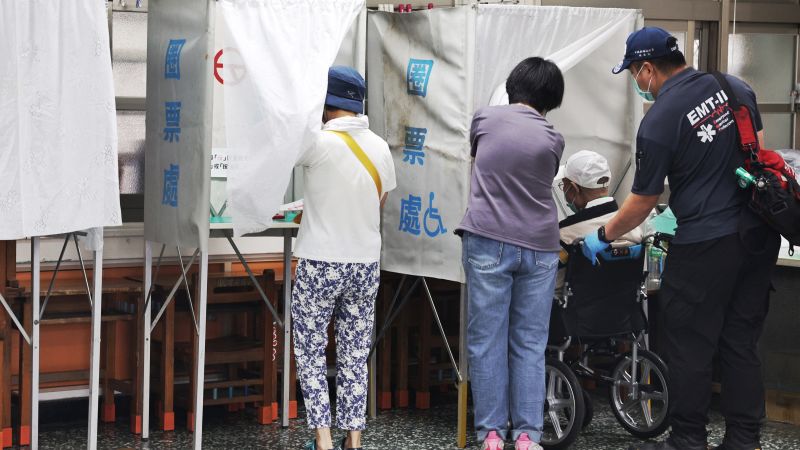UK-China Spy Case Collapse Sparks National Security Debate

Introduction to the Case
The recent publication of key witness statements in the collapsed China spy case has shed new light on the government's stance regarding Chinese espionage activities in the UK. Notably, the government's deputy national security adviser previously highlighted the scale of China's espionage efforts, labeling them as "large scale" operations.
Key Details and Context
This case highlights the complexities involved in prosecuting espionage cases, especially when national security is at stake. The collapse of the case against two men accused of spying for China points to challenges in gathering sufficient evidence to meet legal standards. The deputy national security adviser's statements, now made public, underscore the seriousness with which the UK views these activities.
Impact and Implications
The publication of these statements has sparked political debate, with calls for clearer explanations from both the government and the Crown Prosecution Service regarding the reasons behind the case's collapse. This situation underscores the need for transparency in handling sensitive national security matters.
About the Organizations Mentioned
Crown Prosecution Service
The **Crown Prosecution Service (CPS)** is the principal public agency responsible for prosecuting criminal cases investigated by the police and other investigative bodies in England and Wales. Established by the Prosecution of Offences Act 1985 and operational since 1986, the CPS functions independently from the police and government, making objective decisions on whether to prosecute based on the sufficiency of evidence and the public interest, as guided by the Code for Crown Prosecutors[1][4][6]. The CPS’s core duties include deciding which cases should proceed to prosecution, determining appropriate charges in complex cases, advising police during investigations, preparing cases, and presenting them in court. It also supports victims and witnesses throughout the legal process[1][3]. The organization is structured into 14 regional teams led by Chief Crown Prosecutors, alongside specialized divisions such as the Specialist Fraud Division, Special Crime and Counter-Terrorism Division, and the Proceeds of Crime Division, enabling it to handle a broad spectrum of criminal cases, including high-profile and corporate manslaughter prosecutions[2][4]. Historically, the CPS was created to bridge the gap between police investigations and courts, ensuring prosecutorial independence and fairness. Despite initial challenges like understaffing and strained police relations, the CPS evolved through reorganizations and now operates as an integral part of the criminal justice system[6]. Key achievements include establishing clear national prosecution frameworks and delivering justice in serious and complex cases, maintaining public safety by ensuring the right person is prosecuted for the right offence[1][7]. With a workforce exceeding 7,000 employees, the CPS emphasizes professionalism, respect, and commitment to public service, continuously striving for excellence in prosecuting offenders and upholding justice[3]. Notably, the CPS’s independent decision-making power ensures prosecutions are fair and legally sound, free from political or external influence except in rare national security cases overseen by the Attorney General[4]. This independence is vital to maintaining public trust in the criminal
